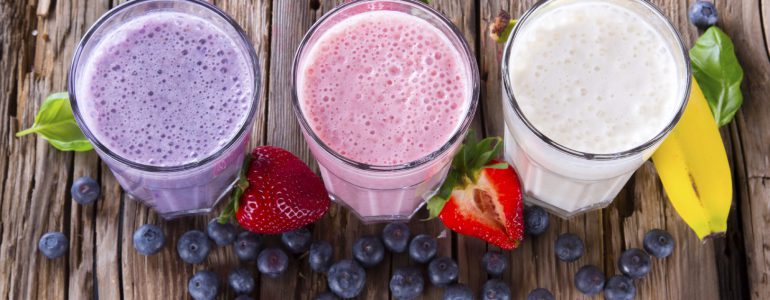In the final part of this series I will examine very low energy diets (VLED) as a means of type 2 diabetes remission. If you missed the previous parts then catch up on part one where I explored the benefits of the low carb approach, and part two where I investigated the evidence for bariatric surgery.
What are very low energy diets?
Very low energy diets (VLED), also known as very low calorie diets, have been used for many years in the treatment for obesity. VLEDs can be defined typically as a diet containing 600-800 calories per day. Low energy diets typically contain 800-850 calories per day.
My current role as a research associate dietitian on a study using low energy diets has been an eye-opening journey for men, and perhaps challenged my own unconscious bias. The DiRECT team in Newcastle and Glasgow, with very high quality evidence, have shown that type 2 diabetes can be safely and effectively put into remission using a total diet replacement LED. Perhaps most impressively, this has been done in primary care, showing the potential scalability of this approach.
VLEDs are often affectionately known as the ‘soups and shakes diet’. VLED with ongoing support and follow up from appropriately trained healthcare professionals are far more than just ‘soups and shakes’.
The current best evidence on the use of VLEDs show that nutritionally complete total meal replacements can be an effective and safe way of achieving remission of type 2 diabetes. Weight reduction up to 15% is associated with improved clinical health outcomes including type 2 diabetes, obstructive sleep apnea, and osteoarthritis (1). DiRECT has also given us an improved mechanistic understanding of type 2 diabetes, with advanced MR imagining of the liver and pancreas showing reduced fat around these organs in those who achieve remission. Type 2 diabetes is no longer a guaranteed road to total beta cell failure.
What has surprised me most about the use of VLEDs is that patients consistently report that they have more energy, feel well and don’t report much hunger once adapted to the diet. People also report they enjoy the break from food. The constant battle of trying to get home from work, tired, hungry, having to cook “healthy” meals is a relief to many. But what happens when the shakes are finished? A supported stepped food reintroduction is absolutely crucial in this approach.
Many people have in the past tried total diet replacement diets where they have ordered a package online, lost weight, not had any long-term support resulting in them regaining the weight plus more. For this reason, I find many patients (and healthcare professionals) quite hesitant to consider the option of a VLED.
Open conversations, based on newer evidence, with a long-term follow up plan in place is likely to lead to much improved outcomes versus undertaking a VLED without support. Maintained weight loss is the primary factor for type 2 diabetes remission after a very low energy diet, and supporting the individual to use whichever dietary approach works for them should be expected from healthcare professionals and dietitians to ensure best outcomes.
Further training in primary care is required to ensure safety and efficacy in the long term. I believe VLED should be a recognised option for those with pre-diabetes or recent-onset type 2 diabetes, especially those who are motivated and for the many people where current standard dietary advice has not worked. Appropriate follow up and weight maintenance support which is tailored to the individual is key.
Type 2 diabetes remission – the bottom line
The bottom line is that the best diet is one a person can stick to. For some people, after many years of dieting and failing, surgery may be the best option. Nationally, we have a long way to go before all of these options are openly available and affordable to all, but we can hope and strive towards that. In my eyes, collaboration and patient choice remain key.
To all surgeons, endocrinologists, diabetologists, GPs, diabetes nurses, dietitians, academics, psychologists – rather than fighting over who’s ‘method’ is best, let us join forces, share experience and expertise, and allow for the best chance of remission for our patients.
Register your interest for healthcare professional training.
Tara Kelly
Registered Dietitian & Research Associate
Dietitian at Diabetes Digital Media
References
- Brow, A. and A.R. Leeds, Very low-energy and low-energy formula diets: Effects on weight loss, obesity co-morbidities and type 2 diabetes remission – an update on the evidence for their use in clinical practice. Nutrition Bulleti, 2019. 44(1): p. 7-24.



